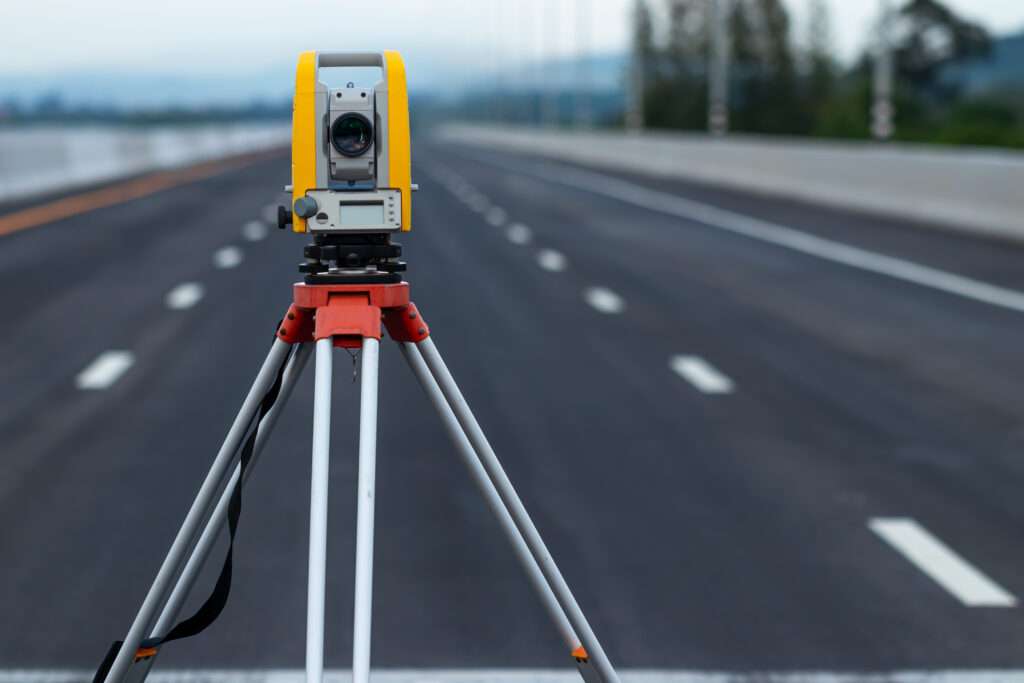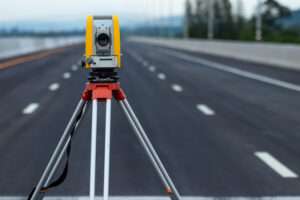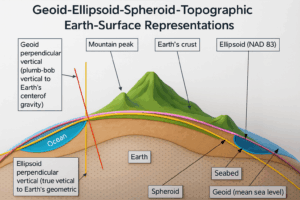Starting a building or site design project can feel overwhelming—especially when it comes to land surveying. New technologies like GIS, Lidar, and satellite imaging have made surveys faster and more detailed, but they’ve also added new risks. Understanding how surveys work, why communication matters, and when to involve the right people can save time, money, and stress.
How Surveying Has Changed
In the past, surveys relied mostly on physical markers and manual tools. Today, surveyors use GPS, robotic instruments, and advanced software. These tools are powerful, but they also add complexity. For example, “true north” can mean different things depending on how data is collected. If the project team isn’t working from the same reference point, costly mistakes can happen during both design and construction.
Tip: Always confirm that survey data matches the design’s required alignment, scale, and reference system.
Why Scope Matters
A clear scope keeps everyone on the same page. Surveyors, architects, and engineers all need shared expectations. Too often, surveyors only collect what they’re asked for, without input on the bigger picture. Involving them early creates stronger results.
- Aerial surveys work well for early planning.
- Ground topographic and utility surveys provide detail for design.
- Boundary surveys and title checks uncover property limits and legal issues.
Don’t guess what’s underground—use electronic utility locating to avoid surprises, delays, and extra costs.
Work Together from the Start
Surveyors are often brought in before architects, but without knowing the full plan, they may gather the wrong data. This wastes time and money. At Underwood & Rosenblum, we combine surveying and civil engineering expertise, asking the right questions early so projects stay on track.
When surveyors aren’t part of the planning team, the wrong surveys may be ordered, or important details overlooked. Having a partner who understands both surveying and design avoids these pitfalls.
Plan Ahead, Save Later
No matter the size of your project, smart planning at the survey stage pays off. Early teamwork and clear communication prevent rework, control costs, and keep your project moving smoothly.
With Underwood & Rosenblum, you’ll have experts who know what questions to ask. Led by Frank Rosenblum—skilled in both surveying and civil engineering—we take a thoughtful, collaborative approach that sets your project up for success.




